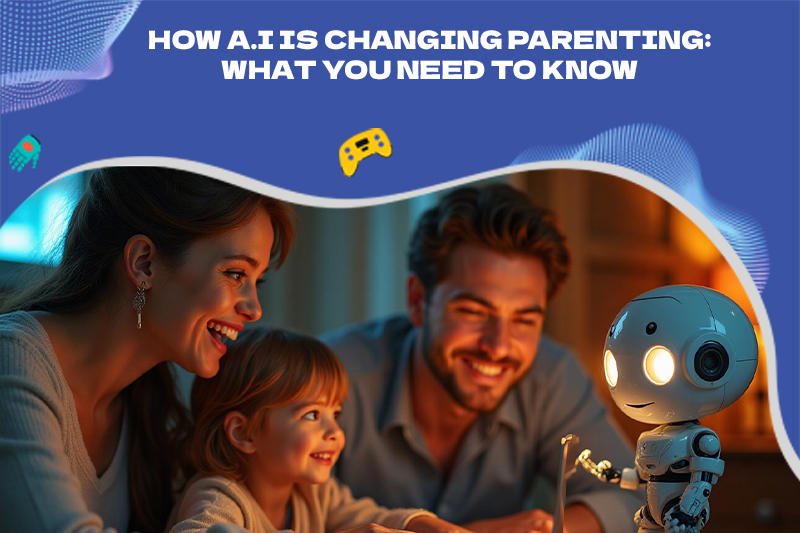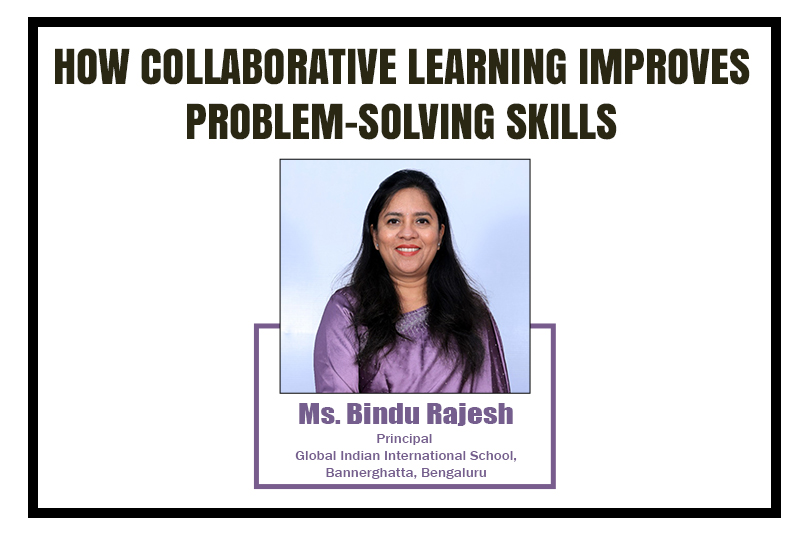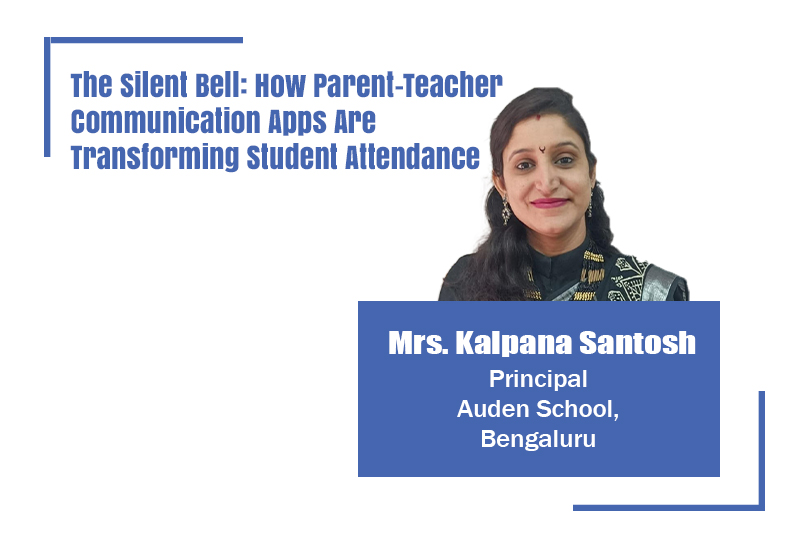AI and Parenting: How Smart Tech Is Redefining Raising Kids in 2025
How AI is Changing Parenting: What You Need to Know
In today’s tech-saturated world, parenting is undergoing a quiet revolution. From smart baby monitors to AI-powered learning apps, artificial intelligence is becoming a subtle yet powerful partner in raising children. While core parenting values—love, patience, presence—remain timeless, the tools available to parents are evolving at lightning speed.
So, how is AI reshaping the parenting landscape in 2025? And what should modern families know to navigate this shift with confidence?
Smart Homes, Smarter Babies
Gone are the days of basic audio-only monitors. Today’s AI-enhanced devices—like the Owlet Smart Sock, Nanit, and Miku Pro—do much more than listen. These tools monitor a baby’s heart rate, oxygen levels, sleep patterns, and movement, providing real-time alerts when something seems off.
According to a 2023 BabyCenter survey, nearly 47% of millennial parents in the U.S. use smart baby monitoring devices. For first-time parents especially, these tools offer data-driven peace of mind and help reduce nighttime anxiety.
AI also integrates into smart speakers and home hubs, automating bedtime with voice-activated lullabies, scheduled feeding reminders, and ambient light adjustments—bringing both convenience and calm to daily routines.
Learning Personalized to Every Child
As children grow, AI tools grow with them. Educational platforms like Khan Academy Kids, Homer, and Duolingo ABC use machine learning to tailor lessons to a child's unique pace, strengths, and areas for improvement.
A 2024 Common Sense Media report revealed that 61% of parents of children under 8 now use AI-enhanced learning apps—and many are seeing improved engagement and learning outcomes.
Tools like Kinedu and ParentPal go a step further, using AI to recommend activities based on a child’s developmental milestones. They help parents track key events—like first words or steps—and alert them when progress is ahead of or behind expected timelines.
Co-Parenting Gets a Tech Boost
Parenting isn't always done in one household. For families navigating shared custody or separation, AI is streamlining co-parenting logistics. Platforms like OurFamilyWizard, Cozi, and Coparently offer shared calendars, smart scheduling, and AI-driven communication tools that reduce conflict and increase transparency.
Some apps even use natural language processing (NLP) to detect emotionally charged messages before they're sent—acting as a digital mediator to help maintain civility and focus on the child’s well-being.
Emotional Intelligence Gets a Digital Coach
Emotional development is just as important as academic learning—and AI is stepping into this space too. Tools like Moxie, a social-emotional learning robot, help children practice empathy, communication, and emotional regulation through guided conversations.
Meanwhile, AI chatbots like Woebot offer kids (and sometimes parents) on-demand mental health support using cognitive behavioral therapy (CBT) techniques. While not a replacement for real human connection or therapy, these tools can be valuable supplements, especially during moments when parents aren’t immediately available.
For Parents: Advice at Your Fingertips
AI is also becoming a parenting coach in your pocket. Apps like Winnie, Huckleberry, and ParentPal’s AI advisor deliver personalized parenting tips, analyze sleep logs, and offer expert-backed answers to common questions—from sleep regression to picky eating.
This real-time guidance helps cut through the noise of online forums and search engine rabbit holes, offering clarity backed by child development science and pediatric research.
The Cautionary Side: Privacy, Balance & Over-Reliance
With convenience comes responsibility. AI tools often collect sensitive information—like biometric data, learning behaviors, or location details—raising concerns about data security and usage. Parents should carefully review privacy policies and understand how their family’s data is handled.
Also, balance is key. While AI can enhance learning and simplify routines, too much screen time—even educational—can interfere with play, sleep, and bonding. The American Academy of Pediatrics still recommends no more than one hour of screen time daily for kids aged 2–5.
Perhaps the biggest risk is over-reliance. AI should enhance, not replace, human intuition, empathy, and involvement. Technology is a tool—not a substitute—for presence and connection.
The Future of AI and Parenting
As Gen Alpha (born 2010–2025) grows and Gen Beta emerges, AI’s role in parenting will only expand—from predictive behavioral tools to digital tutors and even robotic companions.
The future promises smarter, more responsive parenting technologies—but also raises ethical questions around boundaries, identity, and human connection.
Ultimately, AI isn’t here to replace parents—it’s here to help them thrive. The challenge is not whether we’ll use AI in parenting, but how we’ll use it—thoughtfully, ethically, and always with love at the center.





